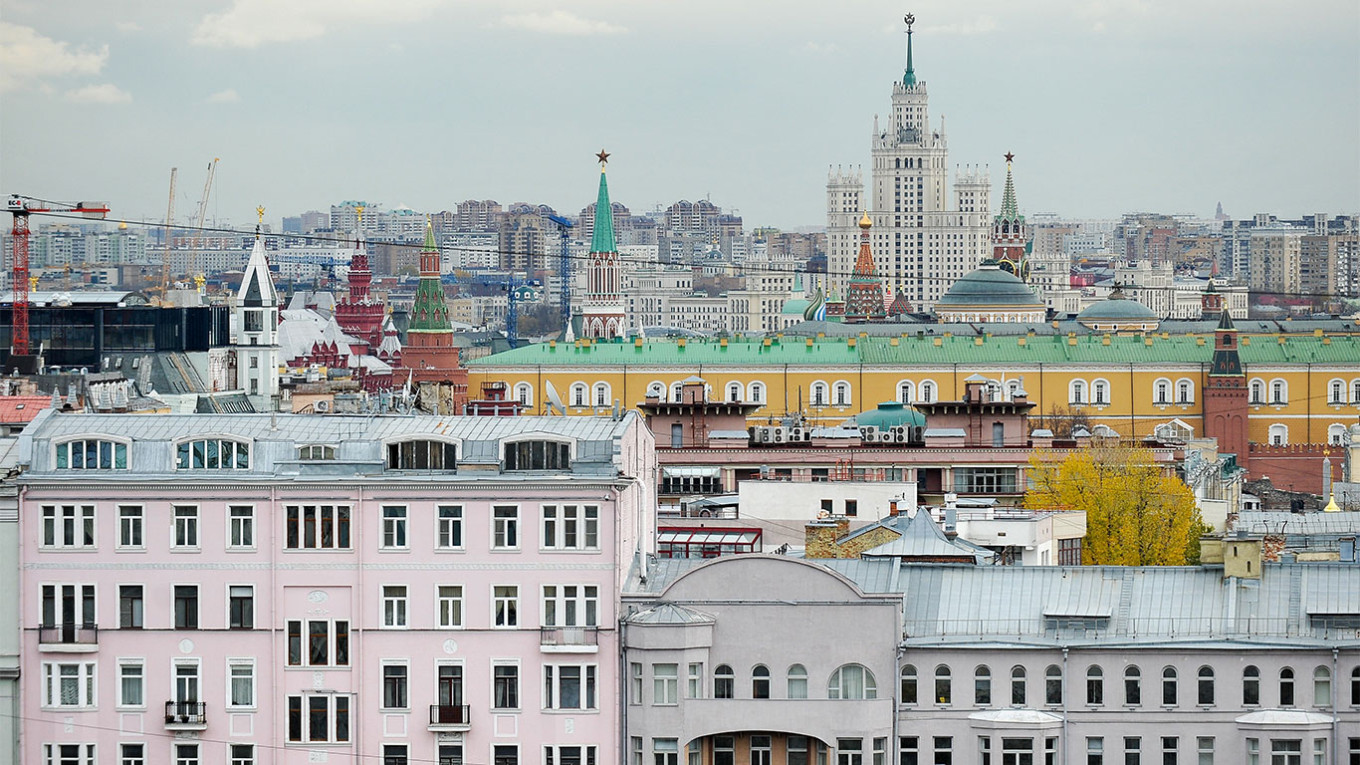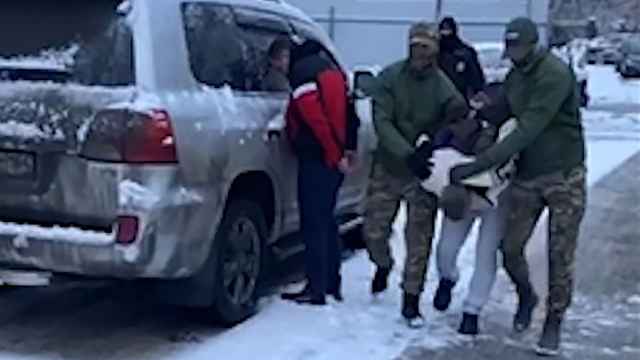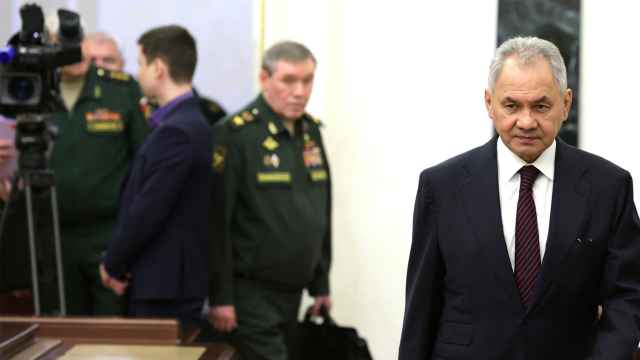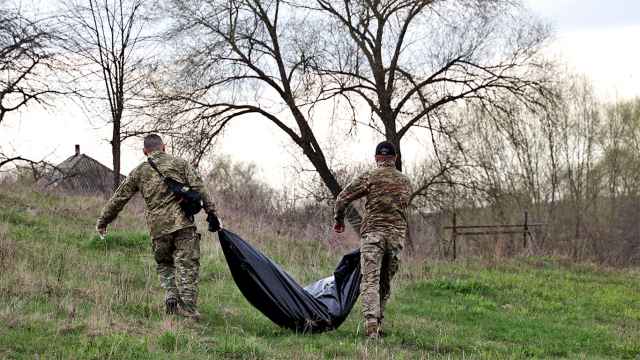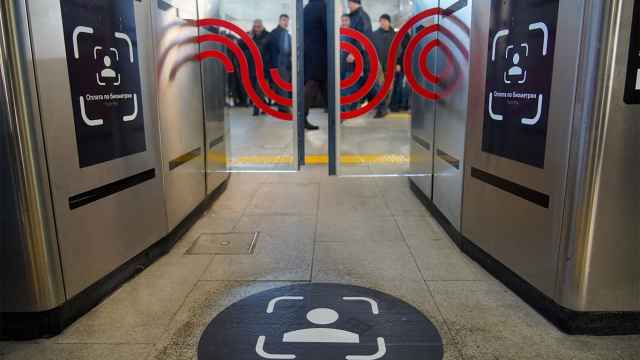Publicly available records have revealed the hidden locations of Russia’s military and intelligence agencies across the country, the independent investigative outlet Dossier Center reported.
According to Russian law, it is illegal to share any information about military, intelligence and other areas where public disclosure could harm national security.
But Dossier said it had found properties linked to the Russian Defense Ministry, Federal Security Security (FSB), Foreign Intelligence Service (SVR) and other high-security sites posted online by the authorities as part of lists of energy consumers whose power supplies cannot be cut.
The lists are found alongside non-secret energy consumers like medical, government, transportation and police facilities, Dossier said.
Moscow’s 434-page list shows that inconspicuous apartments throughout the capital were owned by the SVR and the military intelligence agency GRU, indicating they may house intelligence operatives.
The document is now unavailable following Dossier’s report.
The highest concentration of sites in Moscow was in the Serebryany Bor neighborhood, where wealthy Russians like Patriarch Kirill Gundyaev of the Russian Orthodox Church have mansions. Among them were buildings connected to the SVR and the Interior Ministry, or Russia’s police force.
Meanwhile, the Federal Protective Services (FSO), which is tasked with protecting President Vladimir Putin, was shown to have some association with a cafe near the Bolshoi Theater.
The list does not appear comprehensive across all of Russia, with no standardization about locations. For example, no military sites were listed in the Belgorod region, which has acted as a staging ground for airstrikes against neighboring Ukraine.
Similarly, no military locations are listed in Russia’s republic of Chechnya, but the details of sites connected to the FSB in small mountain villages in the republic of North Ossetia-Alania are included.
Dossier created a map of 5,000 high-security locations so residents of cities — including Moscow, St. Petersburg, Kaliningrad, Sevastopol in annexed Crimea and Belgorod — could determine whether they were at risk should these sites be targeted by airstrikes.
“We’re confident that all this open data has long been known to the Ukrainian military, but it will help civilians in Russia to better assess the risks,” Dossier wrote.
A Message from The Moscow Times:
Dear readers,
We are facing unprecedented challenges. Russia's Prosecutor General's Office has designated The Moscow Times as an "undesirable" organization, criminalizing our work and putting our staff at risk of prosecution. This follows our earlier unjust labeling as a "foreign agent."
These actions are direct attempts to silence independent journalism in Russia. The authorities claim our work "discredits the decisions of the Russian leadership." We see things differently: we strive to provide accurate, unbiased reporting on Russia.
We, the journalists of The Moscow Times, refuse to be silenced. But to continue our work, we need your help.
Your support, no matter how small, makes a world of difference. If you can, please support us monthly starting from just $2. It's quick to set up, and every contribution makes a significant impact.
By supporting The Moscow Times, you're defending open, independent journalism in the face of repression. Thank you for standing with us.
Remind me later.


